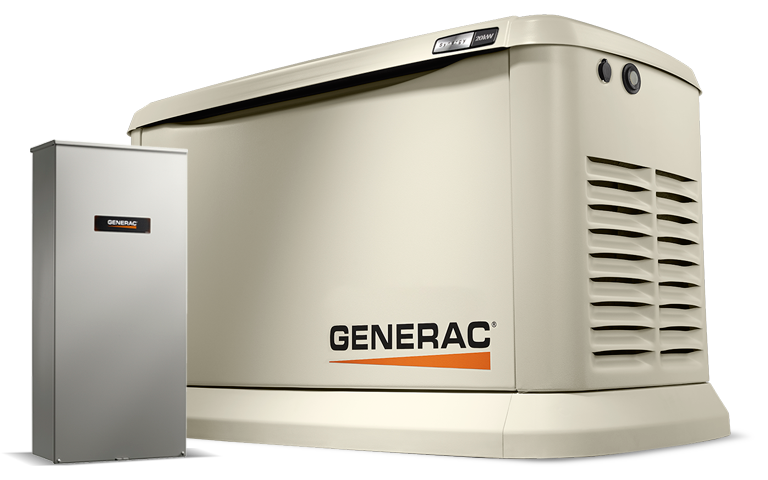

#Whole house generator generator#
We make sure the generator can handle the load it promises and also determine what happens when a sudden spike in voltage hits, like what would happen if the compressor in your refrigerator kicked on when the generator was already close to capacity. To test generators for performance, our expert engineers load up each model with a variety of essentials you might want to power during an outage, like a space heater, refrigerator, or window air conditioner. And make sure your house is outfitted with working carbon monoxide alarms outside bedrooms and on every level of your home before you fire up a generator. Always use a generator outside, a minimum of 20 feet from your home, with the exhaust directed away from the house.

We don’t want you-or anyone relying on a generator-to be one of those people. Dozens of people die every year from carbon monoxide (CO) poisoning related to generators. People tend to buy generators around major storms working by flashlight, in a rush to get the power up and running, they might skip over critical safety steps during setup. Energy Information Administration reports.īut while a generator can be a lifesaver during and after severe weather, it can be dangerous if you don’t take precautions. Hurricanes, ice storms, derechos, and other weather events were largely to blame, the U.S. And in 2020, the last year for which data are available, the average outage increased to 8 hours, from 4 hours in 2013. And as power outages happen more often and last longer, a generator is becoming a must-have for homes across the country.Ī 2022 Associated Press study found that climate change-induced wildfires, hurricanes, and ice storms have doubled the number of U.S. You buy a home generator to keep your air conditioner, heating system, sump pump, WiFi, TV, lights, and appliances running in the event of a power outage.


 0 kommentar(er)
0 kommentar(er)
